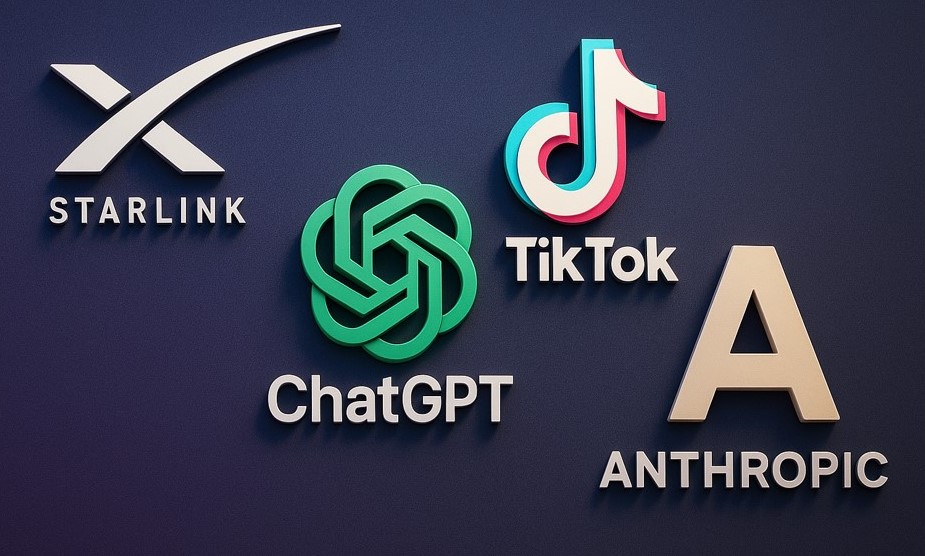Canada Declares TikTok a National Security Risk, Operations Banned

The Canadian government has recently taken a significant step against TikTok, placing a ban on the short video app’s business expansion activities within the country, citing national security risks. Despite this prohibition on ByteDance Ltd.'s subsidiary expansion and investment plans, Canadian citizens are still permitted to access the platform and create content. This decision follows a national security review initiated last September into TikTok’s proposal to broaden its operations in Canada, an outcome that further compounds the company's escalating global challenges.
Canada's Innovation Minister Francois-Philippe Champagne defended the ban, emphasizing the imperative to safeguard national security. He stated, “The government is taking action to address the specific national security risks related to ByteDance Ltd’s operations in Canada through the establishment of TikTok Technology Canada Inc.” Under Canadian law, the government possesses the authority to evaluate potential national security risks stemming from foreign investments, although it is constrained from disclosing the specific details of such assessments. Champagne further clarified that the decision was predicated on comprehensive information and evidence gathered during the review, as well as counsel from Canada’s security and intelligence community and other governmental bodies.
In response, TikTok has announced its intention to challenge the order in court. A spokesperson for the company argued that the Canadian government’s actions run counter to the interests of humanity, stating, “Shutting down TikTok’s Canadian offices and destroying hundreds of well-paying local jobs is not in anyone’s best interest, and today’s shutdown order will do just that.” TikTok affirmed its cooperation with the national security review and reiterated its commitment to ensuring the platform's safety and security for millions of Canadian creators, artists, and small businesses who depend on it for their livelihoods and community engagement.
This latest action builds upon previous measures taken by the Canadian government. In February of the preceding year, Canada imposed a ban on accessing TikTok from government-issued devices, citing an “unacceptable” level of privacy and security risk. Concurrently, the country’s privacy commissioner launched an investigation into the China-backed platform’s practices regarding the collection, use, and disclosure of personal information. Prime Minister Justin Trudeau commented on the ongoing efforts to ensure Canadians’ online safety, suggesting that the recent ban “may be a first step, it may be the only step we need to take.”
The Canadian government's move underscores a growing international movement against TikTok, owned by the Chinese firm ByteDance Ltd., fueled by concerns about its proximity to Beijing and its handling of user data globally. Similar scrutiny has been observed in the European Union, where two major policy-making institutions banned TikTok from staff phones for cybersecurity reasons, and in the United States, where the Senate passed a bill in 2022 to prohibit federal employees from using the app on government devices. Numerous U.S. states have also banned the platform from state-owned devices. More recently, a law signed by U.S. President Joe Biden on April 24 gives ByteDance until January 19 to divest TikTok or face a nationwide ban. TikTok and ByteDance have since sued the U.S. government in May to block this law. India had already banned TikTok along with 58 other Chinese-origin apps in 2020, deeming them a threat to national sovereignty.
You may also like...
Tottenham's £60m Gamble: Forest Threatens Legal Action Amid Gibbs-White Medical

Tottenham Hotspur is on the verge of signing Nottingham Forest midfielder Morgan Gibbs-White for £60 million, but the de...
Hell's Bells! 'Hazbin Hotel' Season 2 Trailer Drops, Bringing Back a Fan-Favorite Character from the Dead!

Prime Video's official trailer for <i>Hazbin Hotel</i> Season 2 offers a deep dive into the upcoming conflict between He...
The Whole Gang Returns: 'Everybody Loves Raymond' Celebrates 30 Years with Epic Reunion Special!

Thirty years after its debut, “Everybody Loves Raymond” is set to air a special reunion on November 24 on CBS and Paramo...
Explosive Revelation: New Footage Exposes Morgan Wallen's Initial Denial in Chair-Throwing Scandal!

Newly released police video footage shows country music star Morgan Wallen initially denying throwing a chair from a Nas...
Janet Jackson Joins Elite Club: Cardi B Fuels Historic 5-Decade Hot 100 Milestone!

Janet Jackson makes Billboard Hot 100 history by charting in a fifth distinct decade with her feature on Cardi B’s new t...
Royal Family Scandal: Meghan Markle's Father Reportedly Trapped in Philippines Apartment

Meghan Markle's father, Thomas Markle Sr., was trapped in a building after a 6.9-magnitude earthquake struck the Philipp...
Shocking Twist: British Boyband Member Accused of Assaulting Woman and Child

Multiple public figures in the UK are under scrutiny for alleged assaults and domestic abuse. An unnamed British boyband...
Act Now! BellaNaija's Vital #StopHPVForHer Campaign Demands Attention

BellaNaija has launched the #StopHPVForHer Campaign to combat cervical cancer by raising awareness about Human Papilloma...




